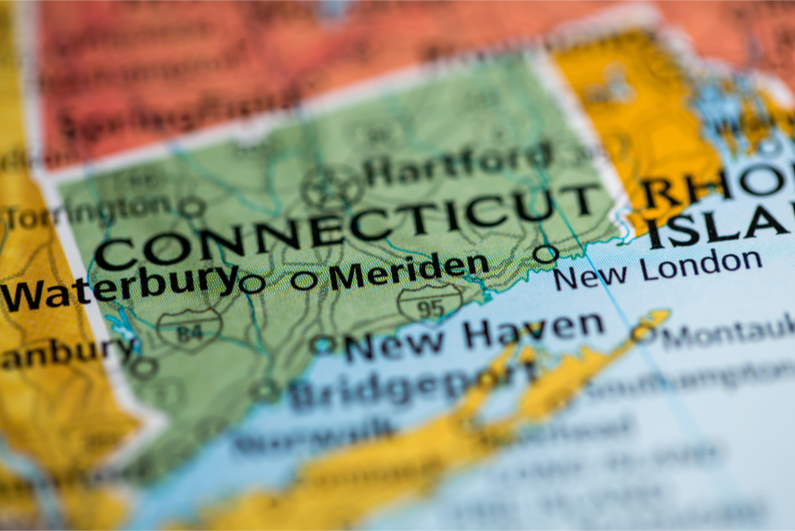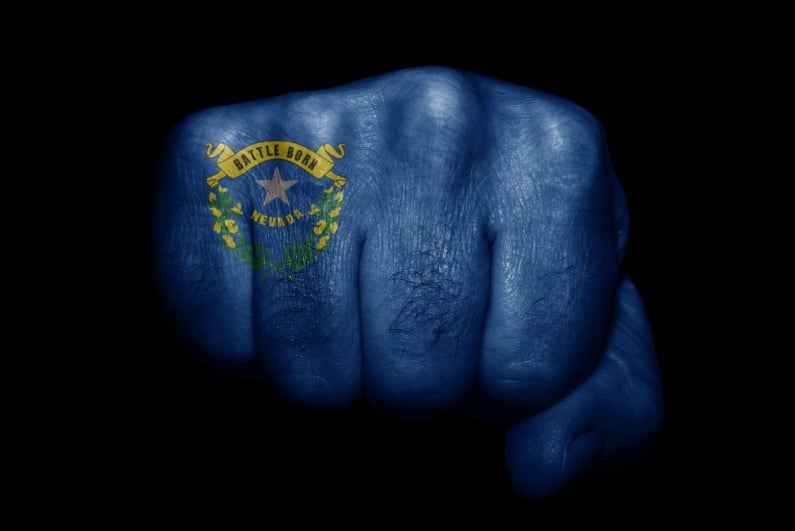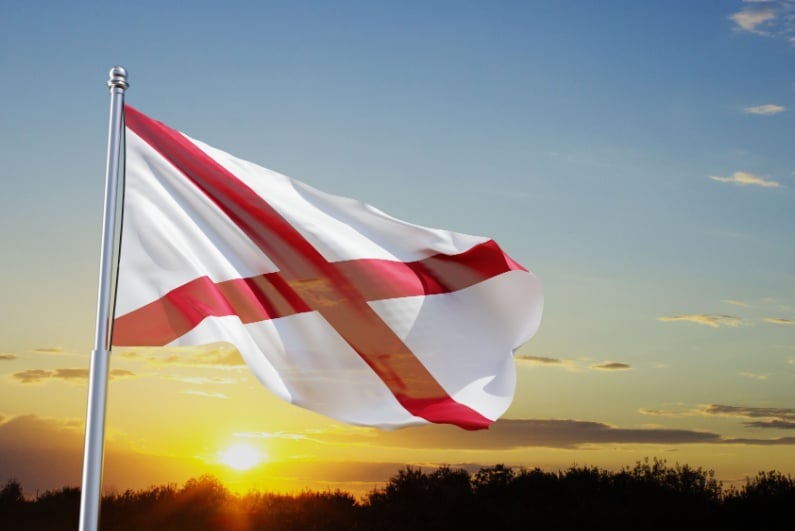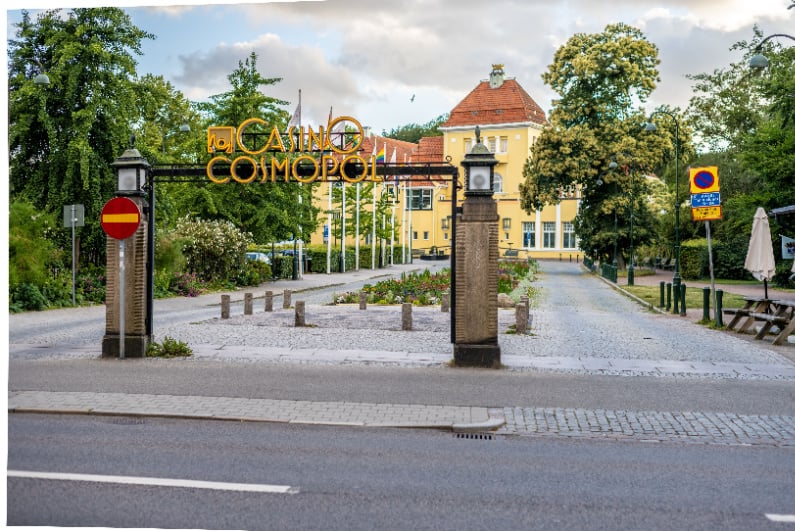Proposals to benefit all stakeholders
State leaders in Connecticut have reasserted their pressure on Governor Ned Lomont to review state gambling legislation.
plans to distribute $88 million from gambling revenue to municipalities throughout the state.
The new proposed version of the bill An Act Concerning Jobs In And Revenue From The Gaming Industry aims to meet the interests of all stakeholders. It puts forward suggestions for gambling expansion alongside plans to distribute $88 million from gambling revenue to municipalities throughout the state.
Senator Cathy Osten, the chair of the Appropriations Committee who drafted the legislation, believes the amendments will benefit cities and towns throughout the Nutmeg State. She said: “This is about jobs, this is about revenue. This is about protecting our municipalities.”
Attempt to revisit bills proposed in 2019
The new proposals are a reattempt at last year’s unsuccessful efforts to broaden state gambling regulation. Four bills were presented in February 2019, with one focusing on a fast-tracking for legalized sports betting.
The other three bills related to Connecticut’s two federally recognized tribes, the Mashantucket Pequots and the Mohegans. Both would have been able to offer retail and mobile sports betting while no longer needing federal approval to operate in the state.
The final piece of legislation would have also explored the possibility of an integrated casino in Bridgeport.
More power to the tribes
As was the case in 2019, this year’s proposal includes more power for both tribes in the state. The pair would be able to build a new casino in Connecticut’s largest city, Bridgetown. They would also be allowed to open smaller establishments in New Haven and Hartford, as well as in a third city that is yet to be decided on.
Additionally, the Mashantucket Pequots and the Mohegans would be permitted to offer online sports wagering at existing and future casino premises. Legal frameworks for casino gambling and lottery operations are also included.
Bob Duff, State Senate Majority Leader, is in favor of new legislation to boost the state’s prosperity. He said: “We should right now be enjoying revenue from sports betting as other states are doing. We should not be putting jobs at risk from our casinos that are good, well-paying middle-class jobs.”
Where does each party stand?
Governor Lomont has remained neutral in the debate. Max Reiss, Lomont’s communications director, informed that “The administration is reviewing the proposal and will discuss this issue during the regular session.”
Sports wagering is a particular point of contention. Both tribes believe the gaming compacts they have with the state already covers sports betting exclusivity. However, Mohegan Tribe chief of staff Chuck Bunnell indicated they are willing to compromise. He said:
We are also open to discussions, because that’s what partners do.”
The Pequots were initially in agreement but then changed their stance. The vice-chair of the Pequots’ Tribal Council, Latoya Cluff, argued: “If Connecticut legalizes sports betting, the new market belongs to the tribes under longstanding agreements that give the tribes rights to all casino games in return for a share of slots revenue.”




